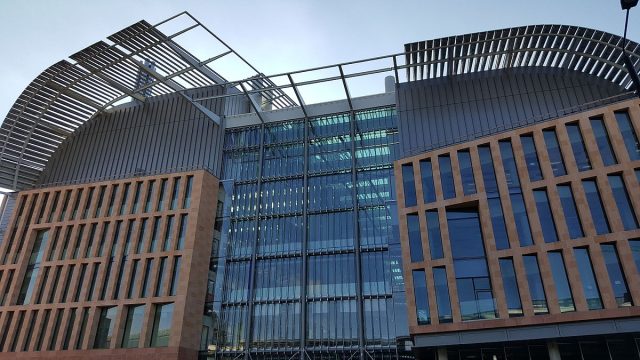
Scientists at the Francis Crick Institute in London have been given regulatory approval to genetically modify fertilised human embryos. This is the first time in the world that a proper regulatory system—in this case, the Human Fertilisation and Embryology Authority (HFEA)—has approved such procedures.
The experiments will be carried out on donated healthy human embryos, which will be destroyed after seven days. The researchers, at least for now, won't be allowed to implant the genetically modified embryos into a woman.
The embryos will be edited using a technique called CRISPR/Cas9, the latest and most efficient tool available to genome researchers. The CRISPR system offers researchers an easy way of "knocking out" specific sequences of DNA. They then let the cell develop as usual to see what effect the knock-out had.
The experiments will be led by Kathy Niakan, who has been researching human development for the past decade. Niakan applied to HFEA for a licence to edit human embryos so that we can "understand the genes needed for a human embryo to develop successfully into a healthy baby."
The Francis Crick Institute, which is a partnership of various trusts and universities, is the largest biomedical research centre in Europe. The Institute, rather fittingly, is named after the British biologist who co-discovered with James Watson the structure of DNA in 1953.
As reported by the BBC, some human embryo editing has also occurred in China (also using the CRISPR system), but there the process is governed by "guidelines" rather than a proper regulatory system. Robin Lovell-Badge, a scientific advisor to the HFEA, said: "China has guidelines, but it is often unclear exactly what they are until you've done it and stepped over an unclear boundary."
Subject to approval by the local ethics board, the research programme will begin in the next few months.
reader comments
67